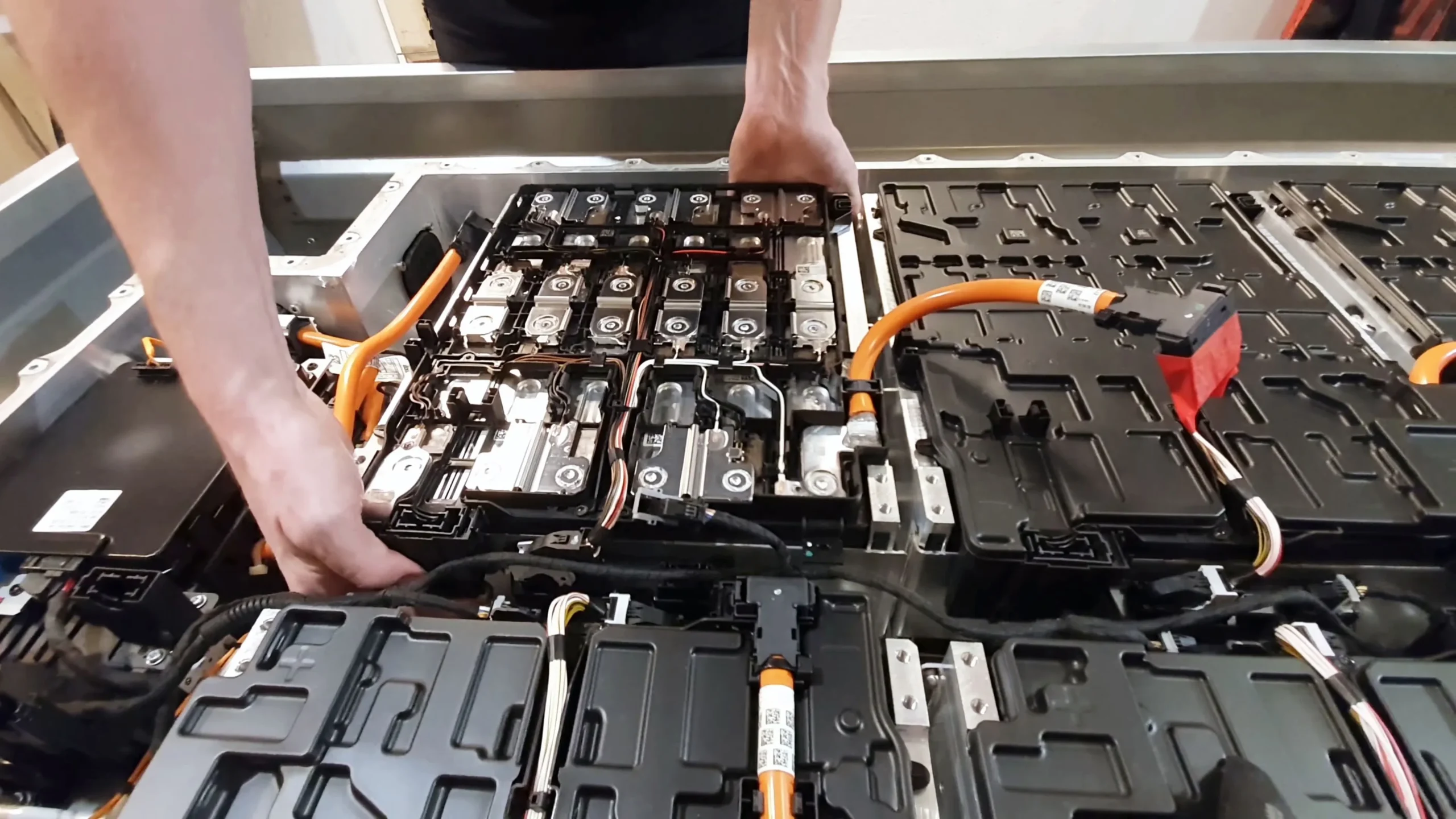The electric vehicle (EV) revolution is upon us. With growing concerns about climate change, fossil fuel depletion, and urban air pollution, the shift from internal combustion engines to electric drivetrains is no longer a matter of “if,” but “when.” At the heart of this transformation lies the EV battery—an engineering marvel that has seen tremendous advancements in the past decade. In this extensive guide, we will explore everything you need to know about electric car batteries, from their prices and performance to the best options currently available in the market.
Table of Contents
- Understanding Electric Car Batteries
- Key Factors Affecting Battery Performance
- Pricing of Electric Car Batteries
- Current Market Prices
- Want To Know More About EV
Understanding Electric Car Batteries
What is an electric car battery?
Electric car batteries are rechargeable batteries that store energy used to power electric motors in EVs. Unlike traditional car batteries (lead-acid batteries), EV batteries are typically lithium-ion batteries, similar to those found in laptops and smartphones, but much larger and more powerful.
How Do Electric Car Batteries Work?
EV batteries store electrical energy in chemical form and release it as electricity when needed. This process involves the movement of lithium ions between the anode and cathode inside the battery cells. During charging, electrical energy is converted into chemical energy and stored; during discharging, the chemical energy is converted back into electrical energy to power the vehicle.
Key Factors Affecting Battery Performance
1. Battery Capacity (kWh)
Battery capacity, measured in kilowatt-hours (kWh), indicates how much energy the battery can store. Higher capacity means longer driving range.
2. Range (Miles or Kilometers)
Range refers to the distance an EV can travel on a single charge. It’s influenced by factors like battery capacity, vehicle weight, aerodynamics, and driving habits.
3. Charging Time
Charging time varies depending on the battery size, charging method (AC or DC), and the power output of the charging station. Fast chargers (DC) can significantly reduce charging times.
4. Performance
Performance encompasses the battery’s ability to deliver power quickly and efficiently. This impacts acceleration, top speed, and overall driving experience.
Pricing of Electric Car Batteries
Factors Influencing Battery Prices
Several factors affect the cost of EV batteries:
- Research and Development: Ongoing R&D to improve battery technology.
- Raw Material Costs: lithium, cobalt, nickel, and other materials used in battery production.
- Manufacturing Processes: Advanced manufacturing techniques to enhance efficiency and reduce costs.
- Economies of Scale: Higher production volumes lower the per-unit cost.
Current Market Prices
As of now, the average price of an EV battery pack is around $137 per kWh. This is a significant reduction from over $1,000 per kWh a decade ago, thanks to advancements in technology and manufacturing.

Want To Know More About EV
Charging Your Drive with Electrifying Insights?
Best Electric Car Batteries in 2025
1. BMW iX xDrive50
- Price: ₹13.5 lakh
- Battery Capacity: 111.5 kWh
- Range: 307 miles (EPA-estimated)
- Charging Time: Fast charging capabilities
- Performance: High power output and reliability
The BMW iX xDrive50 offers a blend of luxury and performance. Its large battery capacity ensures a decent range, making it ideal for long drives. The fast charging feature minimizes downtime, allowing you to get back on the road quickly.
2. Ford Mustang Mach-E California Route 1
- Battery Capacity: 91 kWh
- Range: 300 miles (EPA-estimated)
- Charging Time: Efficient fast charging
- Performance: Strong performance and extended range
- Price: ₹12.5 lakh
Ford’s Mustang Mach-E combines classic muscle car aesthetics with modern electric technology. The California Route 1 variant boasts an impressive range, making it a strong contender for long-distance travel.
3. Mercedes-Benz EQS 450+ Sedan
- Battery Capacity: 107.8 kWh
- Range: 450 miles (EPA-estimated)
- Charging Time: Quick charging with high efficiency
- Performance: Excellent range and luxury features
- Price: ₹13 lakh
The Mercedes-Benz EQS 450+ is the epitome of luxury in the EV market. With an exceptional range and rapid charging, it offers both comfort and convenience for long journeys.
4. Tesla Model 3 Long Range AWD
- Battery Capacity: 82 kWh
- Range: 353 miles (EPA-estimated)
- Charging Time: Fast charging options available
- Performance: High efficiency and long range
- Price: ₹9.9 lakh
The Tesla Model 3 is a benchmark in the EV industry. Its long range, combined with Tesla’s Supercharger network, ensures that you can travel long distances with ease and minimal charging stops.
5. Rivian R1T Dual-Motor Large
- Battery Capacity: 135 kWh
- Range: 314 miles (EPA-estimated)
- Charging Time: Fast charging capabilities
- Performance: Robust power and off-road capabilities
- Price: ₹17.2 lakh
Rivian R1T is perfect for adventure enthusiasts. Its large battery capacity and rugged design make it suitable for off-road trips and long-distance travel, while fast charging ensures you spend more time exploring and less time waiting.
Future Trends in EV Batteries
1. Solid-State Batteries
Solid-state batteries are poised to revolutionize the EV industry. They use solid electrolytes instead of liquid ones, offering higher energy density, faster charging times, and enhanced safety.
2. Battery Recycling and Second-Life Applications
With the growing number of EVs, battery recycling is becoming crucial. Second-life applications for EV batteries include energy storage solutions for homes and businesses, reducing waste and maximizing value.
3. Wireless Charging
Wireless charging technology is in development, promising more convenient and efficient charging solutions. This could eliminate the need for plugging in your EV, making the charging process seamless.
4. Vehicle-to-Grid (V2G) Technology
V2G technology allows EVs to supply power back to the grid. This can help stabilize the grid during peak demand and provide additional income for EV owners.
Comparison of Performance, Charging Time, Capacity, and Range
| Model | Battery Capacity | Range | Charging Time | Performance | Price |
|---|---|---|---|---|---|
| BMW iX xDrive50 | 111.5 kWh | 307 miles | Fast charging | High power output | ₹13.5 lakh |
| Ford Mustang Mach-E | 91 kWh | 300 miles | Efficient fast charging | Strong performance | ₹12.5 lakh |
| Mercedes-Benz EQS 450+ | 107.8 kWh | 450 miles | Quick charging | Excellent range | ₹13 lakh |
| Tesla Model 3 Long Range | 82 kWh | 353 miles | Fast charging options | High efficiency | ₹9.9 lakh |
| Rivian R1T | 135 kWh | 314 miles | Fast charging | Robust power | ₹17.2 lakh |
Conclusion
The EV market is rapidly evolving, with advancements in battery technology driving the change. When choosing an EV, it’s essential to consider battery capacity, range, charging time, and overall performance. The BMW iX xDrive50, Ford Mustang Mach-E, Mercedes-Benz EQS 450+, Tesla Model 3, and Rivian R1T are some of the best options available today, each offering unique advantages.
By staying informed about the latest trends and developments in EV batteries, you can make a smart and sustainable choice for your next vehicle.
If you want to get any more information, then follow my Instagram account

